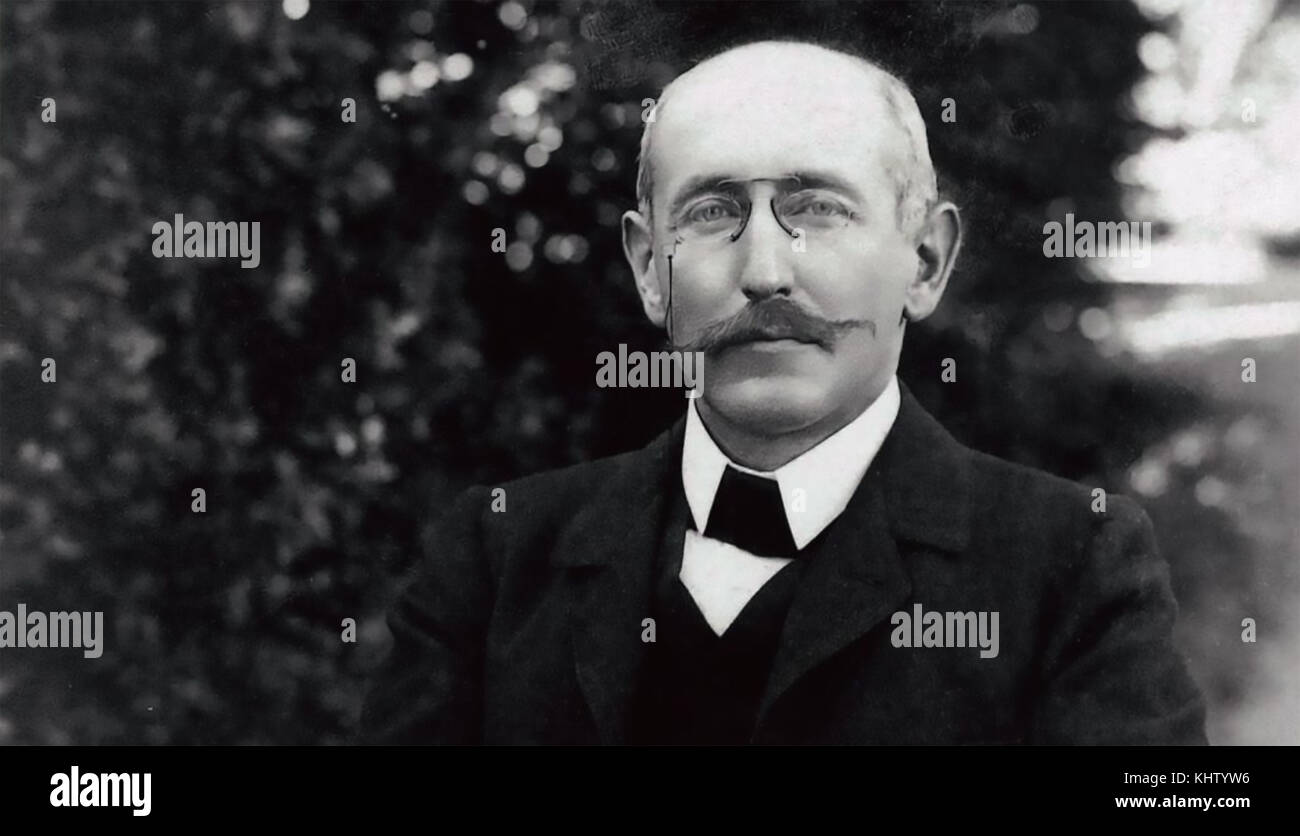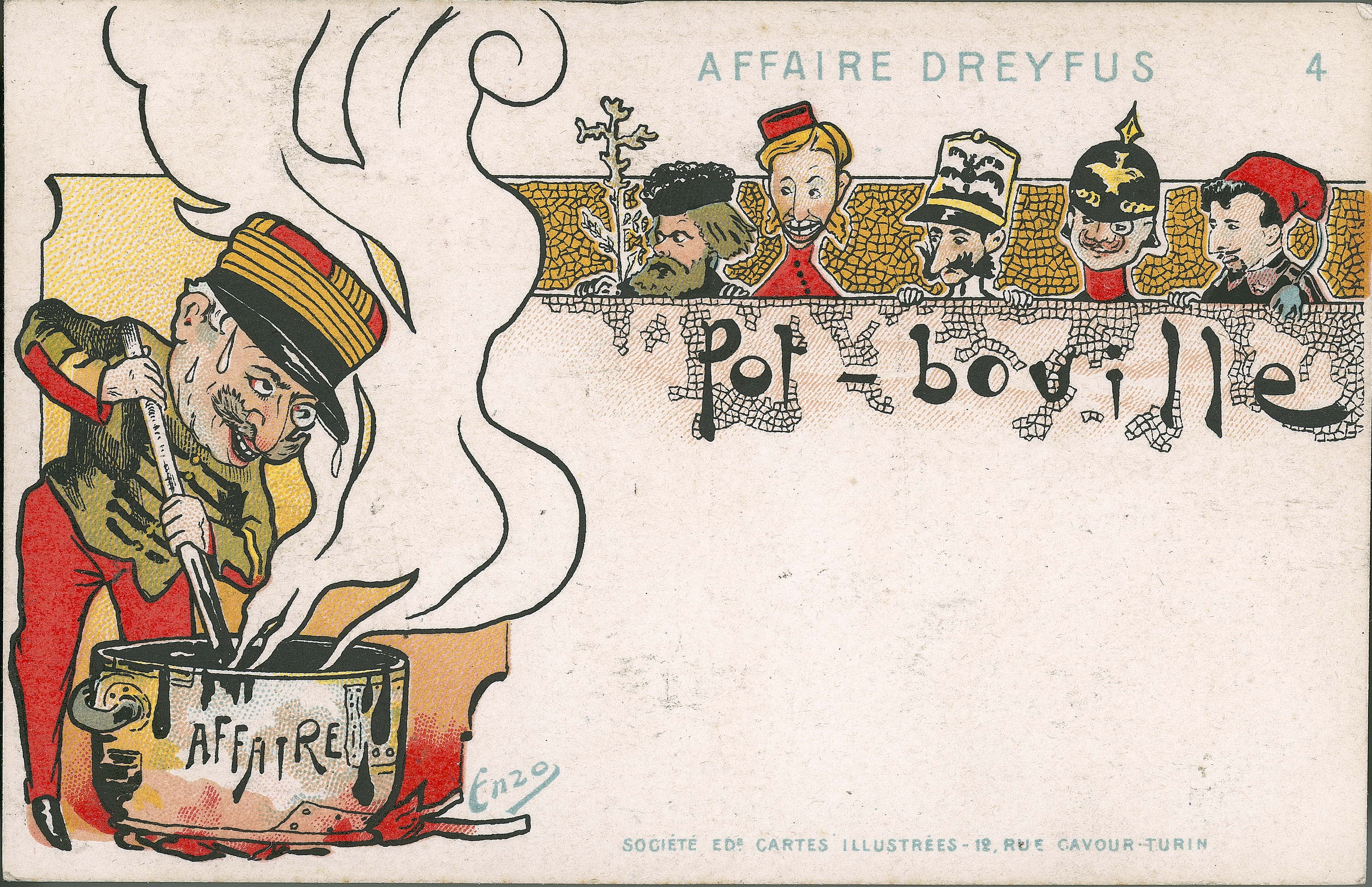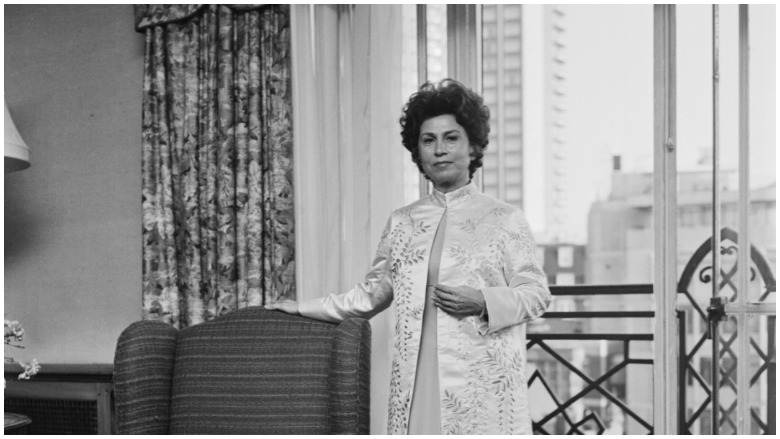Posthumous Honor Sought For Alfred Dreyfus: French Parliament's Symbolic Gesture

Table of Contents
The Dreyfus Affair: A Brief Recap
The Dreyfus Affair, a landmark case of injustice and antisemitism, remains a pivotal moment in French history. It unfolded in 1894 when Alfred Dreyfus, a Jewish artillery captain in the French Army, was falsely accused of treason. This false accusation, fueled by rampant antisemitism within the French military establishment, led to his wrongful conviction and subsequent degradation.
- Dreyfus, a Jewish officer, falsely accused of treason: The accusations were based on flimsy evidence and a blatant disregard for due process.
- The role of antisemitism in the framing and conviction: Antisemitic prejudices deeply ingrained within the French Army played a crucial role in Dreyfus's conviction, shaping the investigation and influencing public opinion.
- The public outcry and division within French society: The affair ignited a fierce public debate, dividing French society along political and ideological lines. Intellectuals and prominent figures engaged in fervent arguments for and against Dreyfus's innocence.
- The eventual exoneration and Dreyfus's later life: After years of struggle and a remarkable campaign for his exoneration led by key figures like Émile Zola, Dreyfus was eventually cleared of all charges. However, the deep scars of the injustice remained.
The Dreyfus Affair serves as a chilling reminder of the dangers of unchecked prejudice and the importance of upholding the principles of justice and due process. Understanding the intricacies of this historical event is crucial to appreciating the significance of the proposed posthumous honor.
The Rationale Behind the Proposed Posthumous Honor
The French Parliament's proposal to bestow a posthumous honor on Alfred Dreyfus stems from a profound recognition of the injustice he suffered and a desire for national reconciliation. This symbolic gesture is intended to:
- Acknowledge the injustice suffered by Dreyfus: The proposal directly addresses the historical wrong committed against Dreyfus, acknowledging the devastating impact of the false accusations and wrongful conviction.
- Repair the damage done to his reputation and family: The honor aims to restore Dreyfus's reputation and offer a measure of reparation for the suffering endured by him and his family.
- Promote national reconciliation and addressing historical wrongs: The gesture seeks to foster national unity by confronting a dark chapter of French history and promoting healing and reconciliation.
- Send a message against antisemitism and intolerance: By honoring Dreyfus, France sends a strong message of condemnation against antisemitism and all forms of intolerance. This is a crucial step in combating the resurgence of antisemitic sentiments in modern France.
The proposed posthumous honor is not simply a symbolic gesture; it's a powerful statement about France's commitment to justice and its ongoing struggle to confront its past.
Political Implications and Public Opinion
The proposal for a posthumous honor for Alfred Dreyfus has sparked significant political debate and diverse public opinion in France.
- Support and opposition within the parliament and the broader public: While many support the honor as a necessary act of historical justice, others express reservations, often rooted in differing interpretations of the Affair's legacy and its implications for national identity.
- Potential political gains or losses for those supporting or opposing: The proposal has become a political football, with some politicians leveraging it to garner support and others using it to attack their opponents.
- Public discourse on the legacy of the Dreyfus Affair: The renewed discussion of the Dreyfus Affair has reinvigorated public discourse on antisemitism, historical memory, and the role of justice in national reconciliation.
- The role of media in shaping public perception: The media plays a crucial role in shaping public opinion, with different outlets framing the debate through varying lenses.
The political implications underscore the enduring significance of the Dreyfus Affair and its relevance to contemporary French society.
The Significance of Symbolic Gestures in Addressing Historical Injustices
Symbolic gestures, like the proposed posthumous honor for Alfred Dreyfus, play a crucial role in addressing historical injustices. They:
- The power of symbolic gestures in acknowledging past wrongs: These gestures acknowledge the suffering of victims and provide a platform for public recognition of past wrongs.
- Their role in promoting healing and reconciliation: Symbolic acts can facilitate dialogue and foster a sense of collective responsibility in addressing historical trauma.
- The limitations of symbolic gestures and the need for concrete actions: While symbolic gestures are important, they should not replace concrete actions to combat prejudice and promote social justice.
- Examples of similar symbolic acts in other historical contexts: Similar symbolic acts of remembrance and reconciliation have been undertaken worldwide, highlighting their importance in fostering healing and justice.
The posthumous honor for Alfred Dreyfus, therefore, is not just an isolated event but a part of a broader global trend towards acknowledging and confronting historical injustices.
Conclusion
The French Parliament's pursuit of a posthumous honor for Alfred Dreyfus represents a significant step towards acknowledging the grave injustice of the Dreyfus Affair and confronting France's complex history with antisemitism. While a symbolic gesture, this action holds immense weight in promoting national reconciliation, combating prejudice, and ensuring that such historical injustices are never forgotten. The debate surrounding this posthumous honor for Alfred Dreyfus underscores the ongoing need for a critical examination of the past and the continued fight against intolerance. Let us continue to advocate for justice, remembrance, and the appropriate recognition of victims of historical injustices like Alfred Dreyfus; let the pursuit of a posthumous honor for Alfred Dreyfus serve as a catalyst for further action in addressing the enduring legacy of the Dreyfus Affair. The ongoing discussion surrounding a posthumous honor for Alfred Dreyfus should remind us of the importance of vigilance against antisemitism and the pursuit of justice, even posthumously.

Featured Posts
-
 Amundi Msci World Ex Us Ucits Etf Acc A Comprehensive Guide To Net Asset Value
May 24, 2025
Amundi Msci World Ex Us Ucits Etf Acc A Comprehensive Guide To Net Asset Value
May 24, 2025 -
 Lauryn Goodmans Italy Move The Truth Behind The Kyle Walker Ac Milan Transfer Story
May 24, 2025
Lauryn Goodmans Italy Move The Truth Behind The Kyle Walker Ac Milan Transfer Story
May 24, 2025 -
 Frank Sinatras Four Marriages A Look At His Wives And Relationships
May 24, 2025
Frank Sinatras Four Marriages A Look At His Wives And Relationships
May 24, 2025 -
 Confirmed Glastonbury 2025 Acts Olivia Rodrigo The 1975 And Legends
May 24, 2025
Confirmed Glastonbury 2025 Acts Olivia Rodrigo The 1975 And Legends
May 24, 2025 -
 French Lawmakers Push For Dreyfus Promotion A Century After The Scandal
May 24, 2025
French Lawmakers Push For Dreyfus Promotion A Century After The Scandal
May 24, 2025
Latest Posts
-
 Mia Farrow Calls For Trumps Arrest Over Venezuelan Deportations
May 24, 2025
Mia Farrow Calls For Trumps Arrest Over Venezuelan Deportations
May 24, 2025 -
 Understanding Frank Sinatras Four Marriages Wives Love And Legacy
May 24, 2025
Understanding Frank Sinatras Four Marriages Wives Love And Legacy
May 24, 2025 -
 The Four Women Who Married Frank Sinatra Their Stories And Impact
May 24, 2025
The Four Women Who Married Frank Sinatra Their Stories And Impact
May 24, 2025 -
 Mia Farrow On Trump Deportations Of Venezuelan Gang Members Warrant Arrest
May 24, 2025
Mia Farrow On Trump Deportations Of Venezuelan Gang Members Warrant Arrest
May 24, 2025 -
 Frank Sinatra And His Four Wives A Retrospective On His Marriages
May 24, 2025
Frank Sinatra And His Four Wives A Retrospective On His Marriages
May 24, 2025
